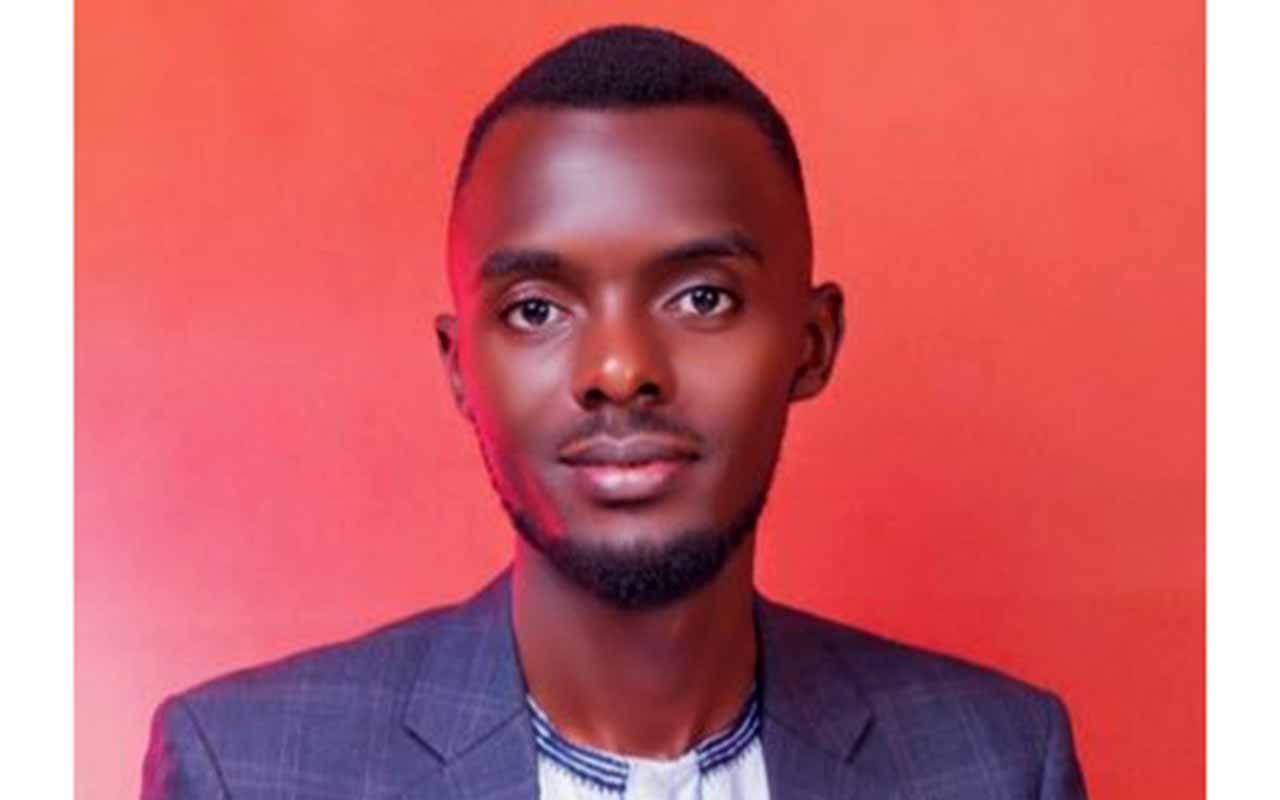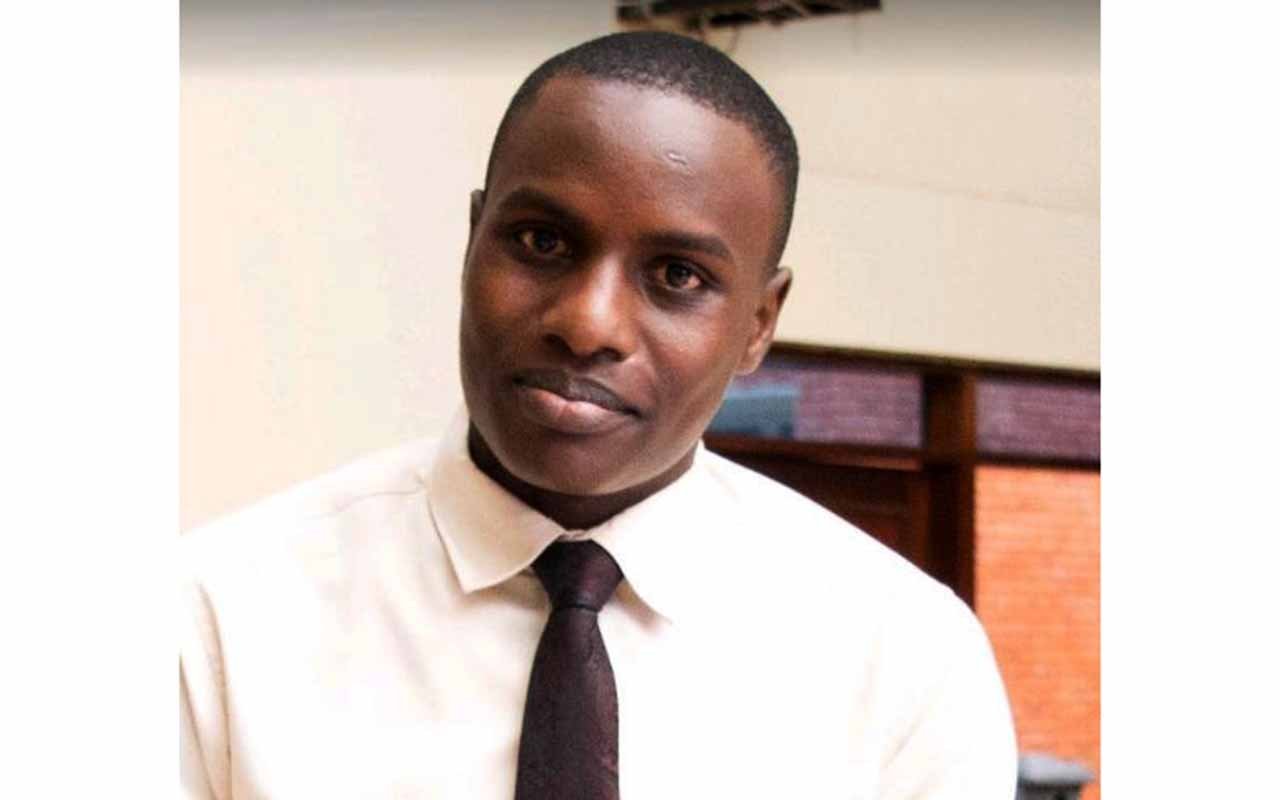
Mr Daniel K. Kalinaki
The World Health Organisation recommends a doctor-to-patient ratio of 1:10,000. In Uganda there is one medical doctor for every 25,000 people and if you’ve had to wait in line to see one it feels like one in a million.
Every year the government spends our money on training doctors. The last step in the five-year training is a 12-month internship where these freshly minted trainee doctors spend time at a health facility under the supervision of more experienced doctors. I don’t have much detail but I suspect that it is during this period that those, for instance, whose hands are found to be too shaky to become surgeons are sent off to become journalists.
Now, 2,541 fresh medical graduates are sitting on their hands because they have not been sent out for internship. Without it and the practicing licence when they complete it successfully, these young men and women cannot work as doctors, at least not legally.
So our money spent on training them lies idle generating carbon emissions but no return on investment. Lives that could have been saved are lost because we don’t have enough doctors. Countless hours are wasted in hospital waiting lines. Young Ugandans eager to get on with their lives and start repaying our investment in them waste away in idleness. As-yet unbroken by the vagaries of life, their hands are still too firm for them to even become columnists!
This week some, tired of doing nothing, headed to the streets to protest; they were met with the all-too-predictable violence from the police. Investigations are on-going about which foreign entity funded this protest. Given how much of our health budget is funded by foreigners, this should be an open-and-shut case.
Anyway, it later emerged that the government had found some money and would send half on internship, but pay them only one of the two-and-a-half million shillings they expect or are entitled to.
Of course governments do not find money the way someone doing the laundry might rifle through a pocket and happily discover some forgotten notes. Certainly not for a predictable activity five years in the making.
A back-of-the-envelope calculation shows that it would cost the government about Shs52bn net on all 2,541 interns over 12 months at their full pay, about Shs4.3 billion per month. Seen as an expense, this is a lot of money. Seen as an investment, however, it is chick feed and we do not need to go far down the national budget to see where money could be redirected.
To do that – in fact to start solving many of the problems that are driving young people to the streets – we need to reframe our world view in at least three dimensions.
The first is to recognise that our biggest asset is not any natural resource we have lying around, but our people. Investing in a healthy, skilled and productive population offers a high return and a strong foundation on which to exploit other resources a country might have.
The second is to accept that financial resources are scarce and prioritise people and public service delivery. Within this dimension, it would be necessary to both prioritise certain skill sets while also flattening the silos of concentrated spending.
Let me explain. Learning how to fly a plane takes longer, costs more, and is more complex than learning how to drive a car. It therefore makes sense to pay airplane pilots more than car drivers. A country with a shortage of doctors should exert itself to train more doctors and pay them well – or at least better than it pays others whose work and training is not as complicated.
I have nothing against politicians, but it does not strike me as a particularly complex or difficult job. A country that pays politicians significantly more than its heart surgeons does not prioritise its people and has not aligned pay incentives to the complexity of tasks. By the way, as an aside, kindergarten teachers and anyone whose job involves minding groups of young toddlers should be paid a lot of money.
Likewise, a country that spends billions handing out donations to some citizens instead of supplying public goods or paying the local companies it owes money is not doing itself any favours.
Medical graduates protested over their internships last year, the year before, and probably even earlier. They will almost certainly protest again next year. If there is demand for doctors whose supply is limited, logic dictates that there are incentives for end-user medical facilities to pay to train and retain them.
Rather than pay for internships, the government’s role should be to set the training curriculum, oversee its implementation, and issue licenses to those who qualify at the end. This, the third pivot, is to find new ways of solving our problems, and never solving the same problem twice. Unfortunately, that is something that requires the right human resource generally, and the right people in the right positions specifically.
Mr Kalinaki is a journalist and poor man’s freedom fighter.
[email protected]; @Kalinaki



